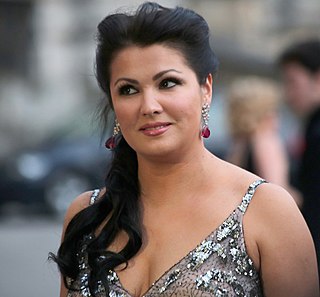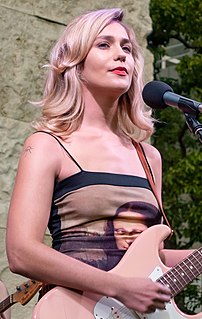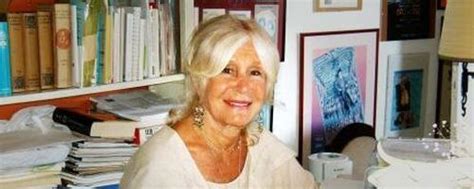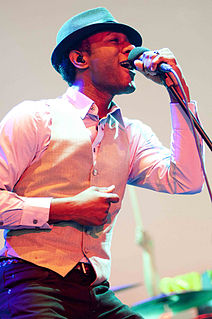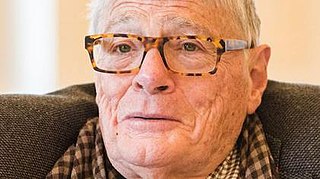A Quote by Igor Stravinsky
Conductors' careers are made for the most part with 'Romantic' music. 'Classic' music eliminates the conductor; we do not remember him in it.
Related Quotes
There are two types of conductors. One is the good conductor who can do passionate music but also listen to the singers and do the orchestra. And then there are great conductors, who have their own opinion on the music, who are ruling everything - and not listening much to the singers, but the orchestra play amazingly.
Salieri was a pupil of Gluck. He was born in Italy in 1750 and died in Vienna in 1825. He left Italy when he was 16 and spent most of his life in Vienna. He's the key composer between classic music and romantic music. Beethoven was the beginning of romantic music, and he was the teacher of Beethoven and Schubert.
I guess part of my ambivalence about pursuing music as well as acting is that acting is already one of the most difficult careers to create for yourself, I must be insane to embark on creating two careers in two of the most difficult fields. But I have really different ambitions with music; I just want to stay in love with music. I want it to continue to be a means of expression for me that feels like it's mine, and something that feels community-based.
Perhaps the chief requirement of [the conductor] is that he be humble before the composer; that he never interpose himself between the music and the audience; that all his efforts, however strenuous or glamorous, be made in the service of the composer's meaning - the music itself, which, after all, is the whole reason for the conductor's existence.
That’s why I make music. When I listen to my favorite music made by other people, that’s what it does to me. So as a musician, I’m just trying to do the same thing with music I make. Sometimes it works, sometimes it doesn’t. But when someone comes to me and says the music I’ve made has affected them emotionally, that’s the most gratifying part of my job.
I get some of my ideas from watching my three daughters, but most of them come from my own memories of growing up. I can remember how romantic I was, not just about love, but romance in the classic sense - the romantic ideals: of honor and truth, of loyalty, sacrifice and fairness. Those were the elements that made a story satisfying to me.
I'm very much inspired by the Latin music, especially the romantic boleros. Not that when I sit to write a play I listen to boleros. But I think it's part of my DNA, it's part of my upbringing. I grew up in a house where this is the kind of music my parents used to listen to. This is the kind of music I would even hear in my neighborhood. I think that sort of romanticism is part of the culture.
What appeals to me about an American music directorship is the involvement of the conductor with the orchestra and the community. I think that's a fantastic thing. In Europe, being principal conductor means merely that you're the person who does most of the concerts. For me, that simply isn't enough.

